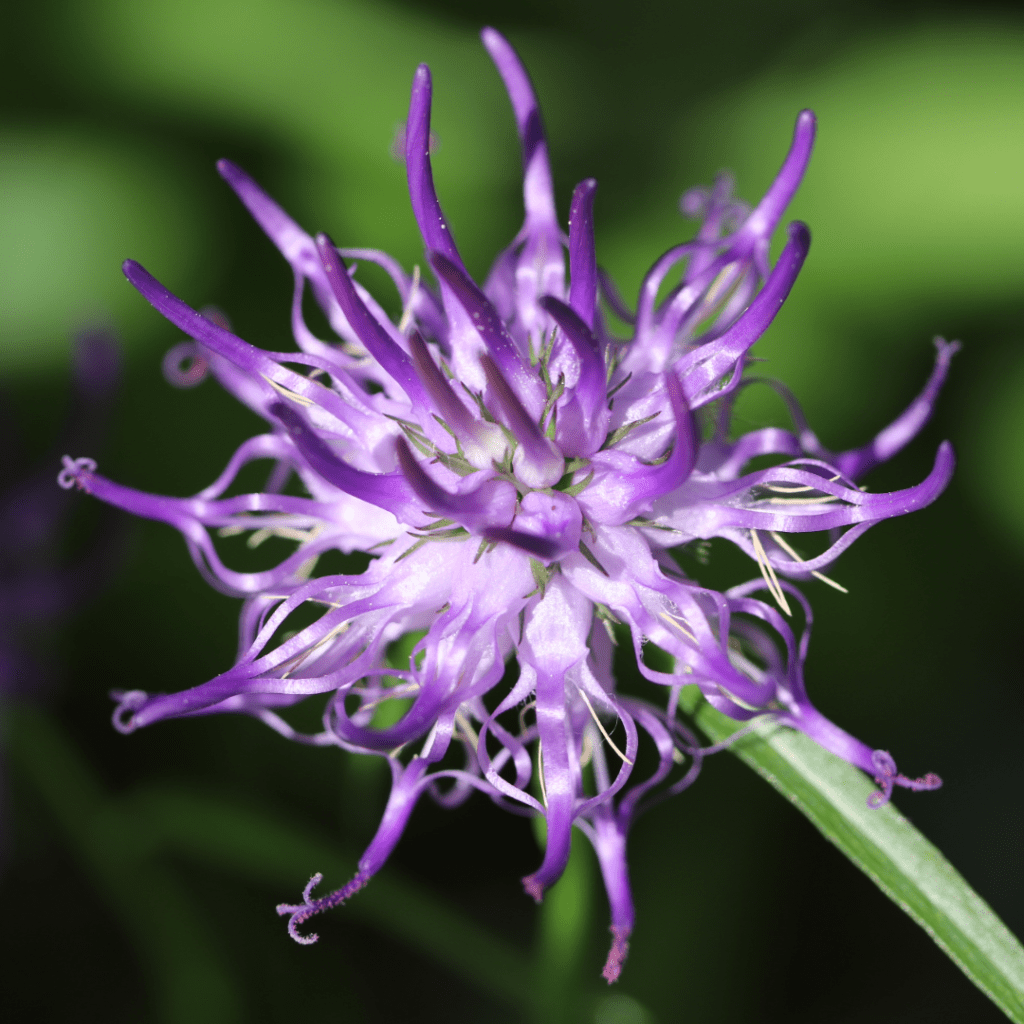Devil's claw is a plant with a long history and great popularity for being a natural remedy for pain and inflammation. Its use over the centuries and its potential therapeutic applications make it an object of great interest.
Devil's claw is a plant native to the desert regions of South Africa. Used for centuries in folk medicine, it has become an object of interest in the scientific community for its potential properties such as natural anti-inflammatory.
It is still considered a medicinal plant with great potential and capable of being an important support for naturally relieving pain and inflammation when these occur repeatedly or continuously over time. Furthermore, its use is considered a preventive remedy For lighten the extent of inflammation. But where does it come from and when can it be used?
What is Devil's Claw?
The scientific name of devil's claw is Harpagophytum procumbens. It is a herbaceous plant with very bright and lively colored flowers and capsule-shaped fruits. It grows in the driest areas of southern Africa, in particular, in the Kalahari desert, Namibia and Madagascar.
The plant belongs to the Pedaliaceae family. It arrived in Europe in the last century and since then, it has been used mainly as a anti-inflammatory And painkiller natural.
The name devil's claw was given by the African population due to the small hooks that cover the fruits of the plant and resemble claws. For this reason, in ancient times those populations believed that the plant had magical properties.
The parts used for medicinal purposes are the dried roots and tubers. The medicinal part of the plant is also called harpagophyte. The traditional South African use was the decoction to treat fever or muscular and rheumatic pain but it was also used for digestive problems.
What do devil's claw roots contain?
The characteristic compounds of harpagophyte are iridoid glycosides, in particular, harpagoside. Furthermore, polyphenols, phytosterols and terpenes are present, including eugenol and beta-caryophyllene. Active compounds with anti-inflammatory, analgesic and antioxidant properties.
Furthermore, several studies have shown how the antirheumatic and pain-relieving properties of harpagophytum are attributable to a reduction in arachidonic acid, with a consequent reduction of inflammatory factors.
And in fact, one of the recognized benefits of devil's claw is its ability to reduce inflammation in the body. To date, there are still positive effects found whose mechanisms are not all fully explained.
The many and different uses
Harpagophyte is used in preparations for topical application such as creams or ointments. Its use goes as far as treating disorders such as arthritis, tendinitis and low back pain.
Not only can it reduce swelling and improve health joint mobility but it is also a valid ally for relieving muscle pain caused by trauma or injury excessive physical effort. It is often used in case of back pain.
Additionally, there are studies to support that it can help reduce the deterioration of cartilage in joints, thus slowing the progress of arthritis.
Furthermore, as already mentioned, it is not only a remedy for present pain, but can be used as part of one preventive strategy to support joint health and prevent future musculoskeletal problems.
How to choose devil's claw ointments
In its natural form, devil's claw root has a slightly bitter, earthy odor.
When it is treated the smell is almost absent, also because it is often combined with other ingredients for the production of easily usable topical creams.
In particular, ointments can be mixed with oils essential or vegetal oils such as sweet almond oil or rose hip oil which give a soft consistency and emollient properties as well as improving the aroma of the ointment. Other options include adding medicinal herbs and plants with anti-inflammatory or analgesic properties, such as propolis or arnica or even vitamins and antioxidants to support skin healing.
Behind its very particular name, devil's claw is an ally for feeling good and getting a little more relief.
Find out the format of the Strong ointment to the devil's claw

